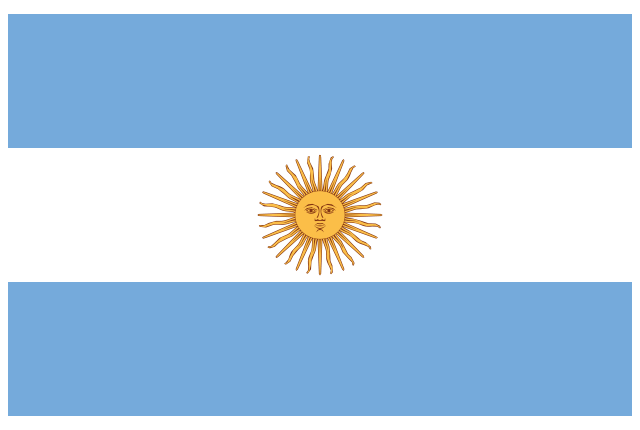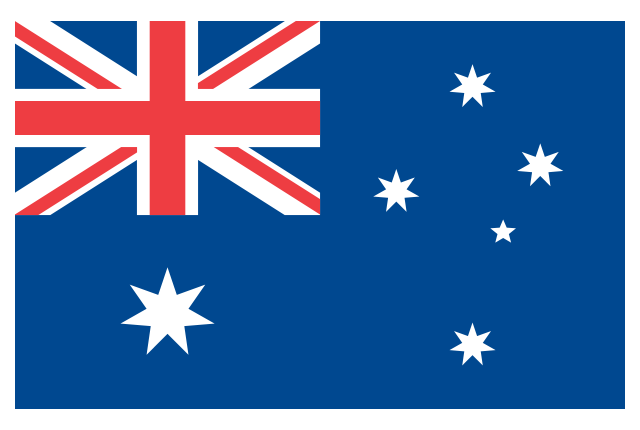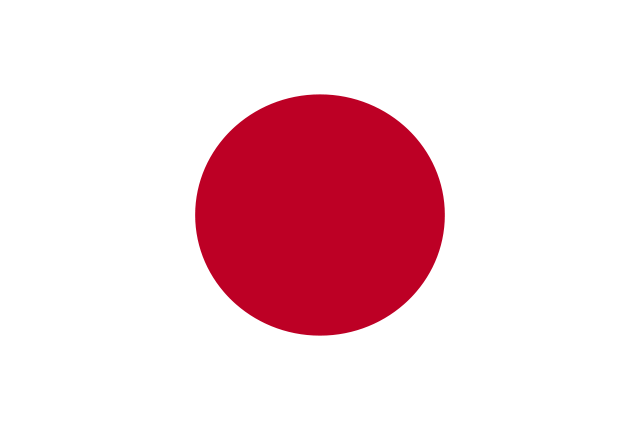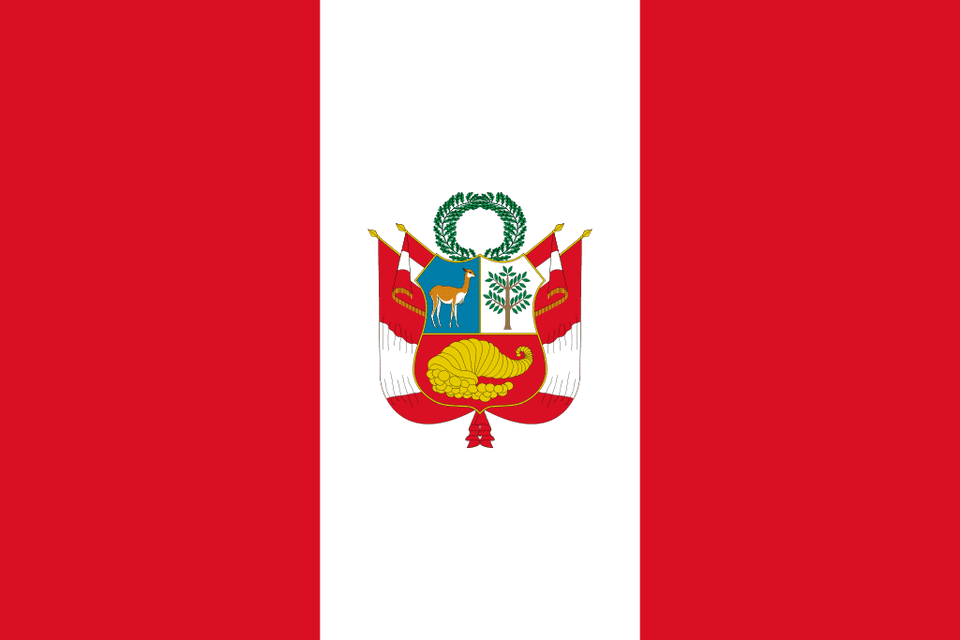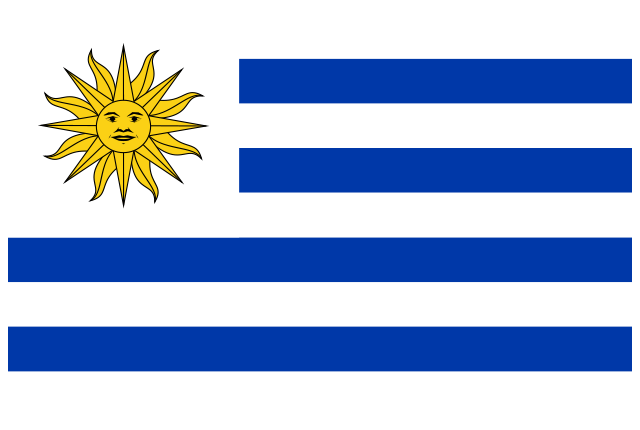
U.S. President Donald Trump’s Immigration Order “Protecting the Nation from Foreign Terrorist Entry into the United States” has caused much controversy and conflict due to the unclear nature of it’s scope and effects, particularly on citizens and nationals of the following countries – Irag, Syria, Sudan, Iran, Somalia, Libya and Yemen. It has little to no impact for countries outside this list.
Here, we attempt to break down in simpler terms the impact of the Immigration Order for the following groups, as clarified by the Department of Homeland Security (DHS) and the U.S. Customs and Border Protection (CBP):
Permanent Residents, Green Card Holders and Dual Citizens of the U.S
The DHS and CBP have announced that lawful permanent residents on a valid I-551 visa (also known as green cards), and dual citizens of the U.S. who are likewise citizens of the abovementioned nations will not be denied entry, and will not be otherwise affected by this order. This has been further supported by the temporary suspension issued by the Federal Courts.
Non-U.S. Dual Citizens
The CBP has advised that dual citizens with one citizenship in an affected nation and another in a nation not on the above list will be treated according to their travel document. If traveling with a valid passport from the unaffected country, the Order would not apply and their travel should not be affected.
Valid U.S. Visa Holders
Due to a stay from the Federal Courts, citizens of the affected countries currently holding valid U.S. visas will not be denied entry into the U.S, and will not be subject to deportation risks.
International College Students
The CBP advises that F1/J1/M1 visas issued to college students from the affected nations are provisionally revoked at this time. The Immigration Order will not affect persons who were in the U.S. at the time of signing, however they are advised that persons who travel out of the U.S. at this time will be denied re-entry during this period. Persons who were outside of the U.S. at the time of signing will also be denied entry due to a lack of a valid visa. The CBP is currently evaluating the status of the F1 and M1 visas.
New Visa Applications
A Non-U.S. dual citizen may apply for an immigrant or non-immigrant visa even if they hold one citizenship in an affected country, so long as they apply with a passport from the non-restricted country.
The Visa Interview Waver Program is suspended until further notice.
Refugees
The Refugee Admissions Program (RAP) was originally temporarily suspended for 120 days following the signing or the order. Federal Courts have temporarily suspended this, and refugees considered to be “in transit” at the time of signing will be permitted entry on a case-to-case basis. A cap on RAP admissions for the fiscal year 2017 has been set at 50,000 refugees, less than half the number allowed in 2016.
READER NOTICE
All information is current and accurate at the time of publishing. However, the above information and status is highly susceptible to change without warning, and thus this cannot substitute for any legal advice and or GIN cannot be held responsible for any actions stemming from the information provided above.

